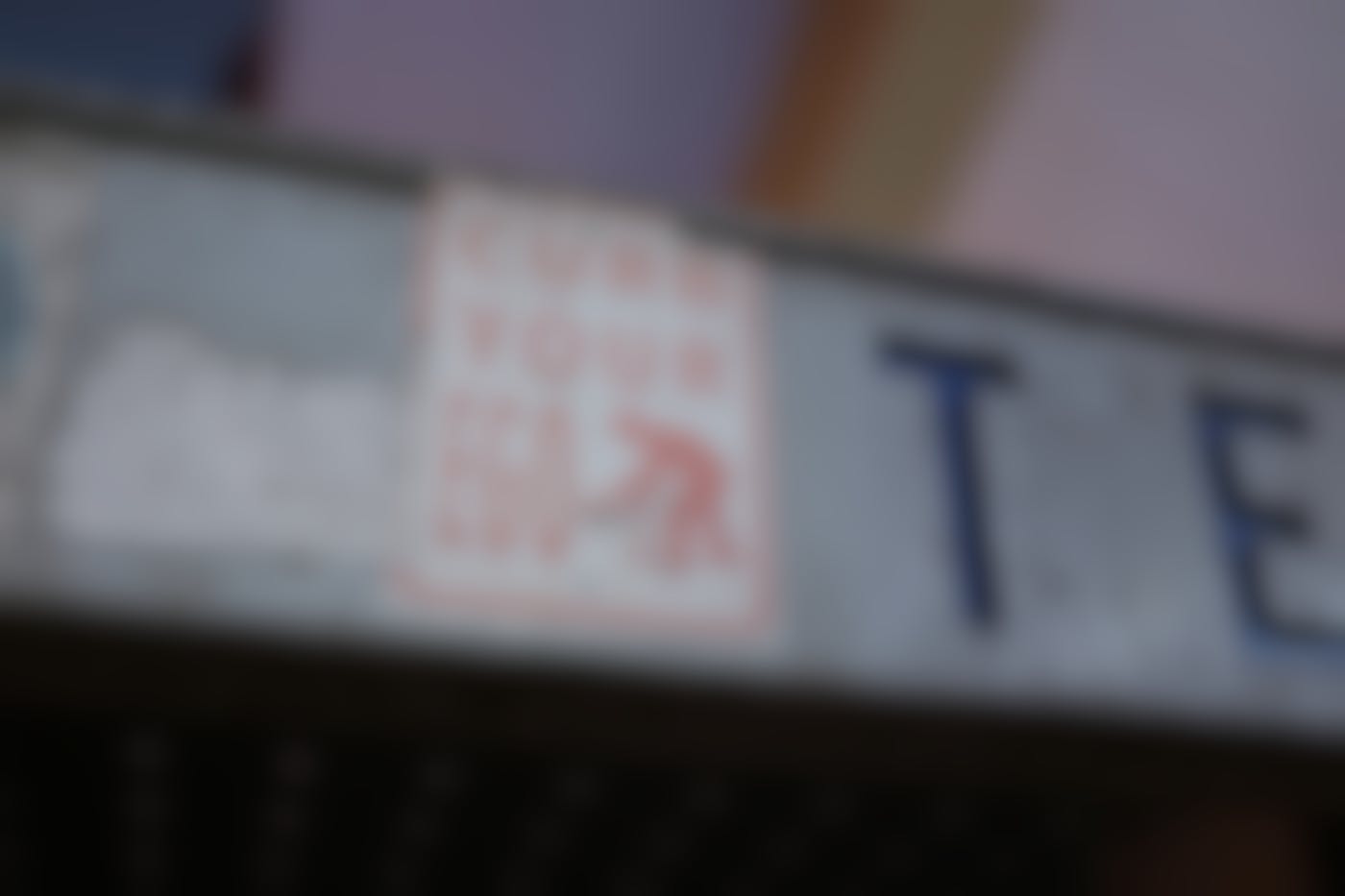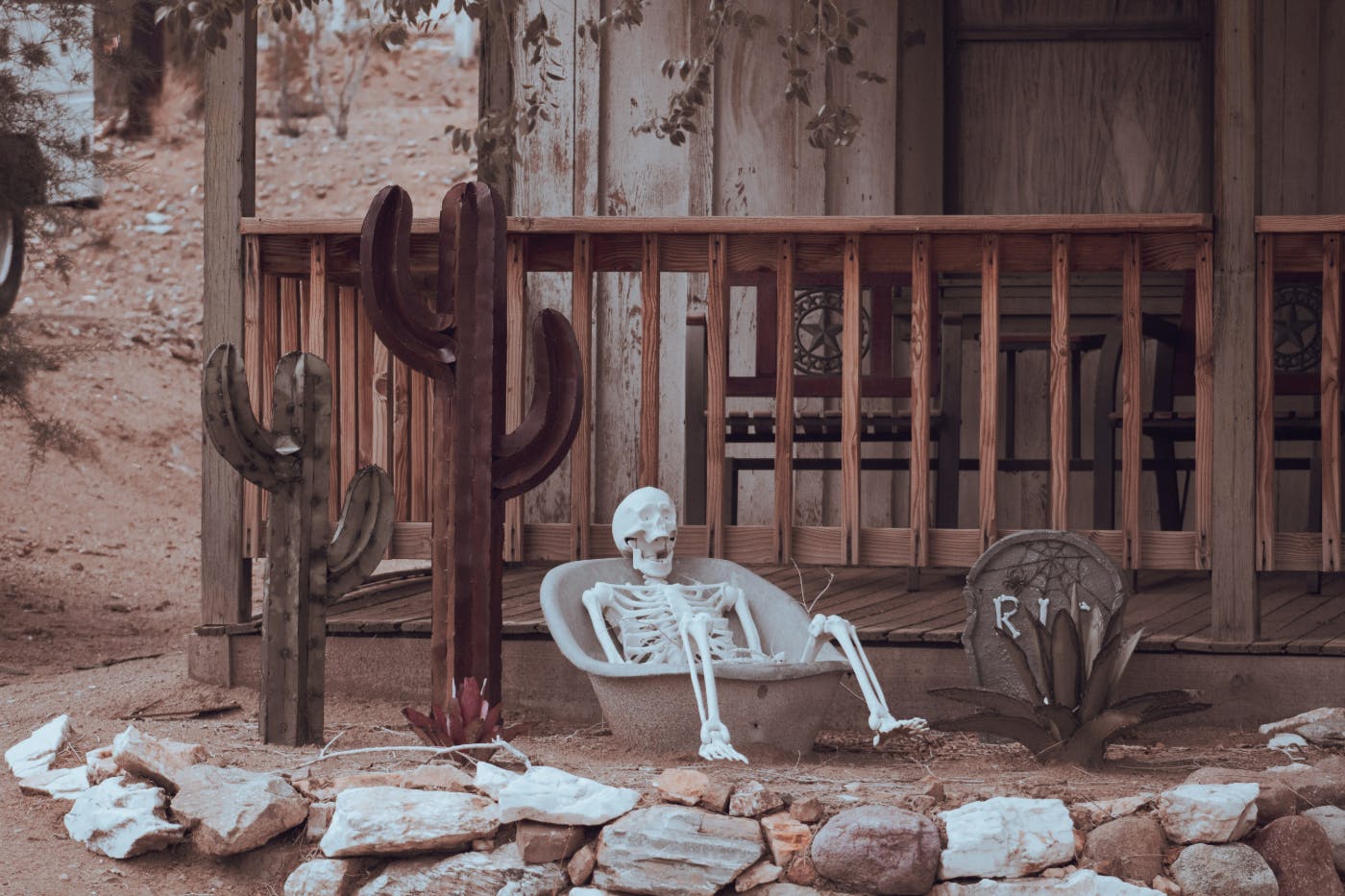
Ego death is a concept that many associate with spiritual enlightenment or intense life events, but in reality, it’s a much more universal experience that touches everyone at some point. It’s not a literal “death,” but rather a profound psychological shift where the boundaries we’ve placed around our identity begin to dissolve.
Ego death is a concept that many associate with spiritual enlightenment or intense life events, but in reality, it’s a much more universal experience that touches everyone at some point. It’s not a literal “death,” but rather a profound psychological shift where the boundaries we’ve placed around our identity begin to dissolve. The process often begins when external factors that we’ve used to define ourselves—such as a career, a relationship, or even personal achievements—no longer hold the same weight in our lives.
It’s natural to feel disoriented or even fearful when we face moments when the things we identify with are no longer there. But rather than seeing it as a loss, it’s an opportunity for transformation. Ego death allows us to shed old identities and rediscover ourselves on a deeper level. This process might begin with discomfort or confusion, but ultimately, it’s about reclaiming our true essence and embracing who we are beyond the roles we’ve played.
In this blog, I’ll discuss how ego death can manifest in both our personal and professional lives. While the experience might feel unsettling at first, it’s a process of liberation. Through this exploration, I’ll share not only how I’ve personally navigated these shifts but also how we can all embrace the growth that comes with letting go of outdated versions of ourselves. This isn't about losing who we are but about uncovering a more authentic, expansive self.
What is Ego Death?
Ego death refers to the dissolution of the “self”—our constructed identity or sense of individuality that we typically cling to for validation and security. This identity is often formed by external markers such as career roles, social status, relationships, and personal achievements. When these markers are threatened, taken away, or questioned, the ego—our sense of self—can experience what feels like a "death."
While this concept may sound abstract or intimidating, ego death is actually a natural process that can unfold in many ways. It might occur during a moment of intense personal crisis, like losing a job or going through a breakup, but it can also arise in smaller moments of transition, such as moving to a new city, changing careers, or simply rethinking your priorities in life. Each of these moments challenges the core of who we thought we were, forcing us to confront what we truly value.
Ego death is often linked to spiritual practices. Many spiritual traditions, such as Buddhism and Hinduism, embrace ego death as part of the path to enlightenment. It’s about transcending the limited view of the self and recognizing that we are not separate from others or from the world around us. In these traditions, letting go of the ego is seen as a way to achieve greater compassion, inner peace, and unity with the universe.
However, ego death doesn’t need to be a grand or spiritual event. It can happen in the everyday moments when we experience shifts that force us to reflect on the true nature of who we are. This might involve letting go of societal expectations, redefining what success means to us, or confronting the discomfort that comes with realizing that we are more than our job titles or external roles.
Understanding that ego death doesn’t mean the end of who we are but the beginning of a deeper self-awareness is key. It’s a process that allows us to evolve, to break free from limiting identities, and to build a more authentic, fulfilling life.

How Ego Death Can Be a Positive Experience
Although ego death can be uncomfortable, it provides a powerful opportunity for growth, both personally and professionally. Here’s how:
Personal Growth: When we experience ego death, we are forced to confront the parts of ourselves we’ve been attached to—the personas we’ve built or the roles we’ve been playing. This often comes with feelings of loss, uncertainty, or fear, but it also opens the door to profound self-discovery.
Rather than being defined by external achievements or societal expectations, we have the chance to redefine ourselves based on our core values, passions, and desires. It’s an opportunity to shed old identities and step into a more authentic, unencumbered version of ourselves. We begin to see that our true essence isn’t tied to a job title, a relationship, or a past accomplishment.
Professional Growth: In the professional world, ego death can be a game-changer. When we detach our sense of self from our work or career success, we free ourselves from the need for external validation. This shift can allow for greater creativity, resilience, and adaptability in the face of challenges.
For instance, when a project fails or a job is lost, it can feel like a personal rejection. But ego death encourages us to see that our worth isn’t tied to the success of one particular project or role. Instead of allowing the loss to define us, we begin to approach our work with a fresh perspective—one that’s more focused on growth, experimentation, and personal fulfillment. We no longer feel defined by the outcome but instead by the process and the value we bring to the table.
Freedom and New Opportunities: Ego death ultimately offers a sense of freedom. When we let go of the need to control every outcome or to measure our success against others, we open ourselves to new possibilities. We start to see opportunities we may have overlooked when we were too attached to one specific path or way of thinking.
This freedom can lead us to explore new career opportunities, creative endeavors, or personal interests that we might have dismissed before. We become less afraid of failure and more open to change, knowing that our true identity is not tied to any single job or role.
The Downside of Ego Death (and How to Navigate It)
While ego death can be an immensely positive experience, it's essential to acknowledge that it can be accompanied by feelings of confusion, fear, and vulnerability. When we lose the identities or labels that we've carried for so long, it can feel like we’ve lost a part of ourselves. This can lead to emotional upheaval, existential questions, or even a sense of disconnection from the world.
Challenges: One of the biggest challenges of ego death is the uncertainty it brings. When the things you once identified with—your career, your social standing, or your sense of purpose—no longer define you, it can feel like a loss of direction. You may start to question: Who am I if I'm not my job? What value do I have if my accomplishments don’t give me meaning? This internal crisis can feel deeply unsettling and may cause a temporary sense of aimlessness, even despair.
In my case, I faced this head-on when I moved to a new city and transitioned away from being a full-time actor. I no longer had the constant validation that came from working in the theater and film industry. For a time, I questioned whether I was still an actor, and if not, who was I? The loss of that identity was disorienting and left me searching for answers. Without that familiar sense of self to lean on, I felt exposed and unsure of what to do next.
Another common challenge in navigating ego death is the temptation to fall into negative self-talk or self-judgment. It's easy to internalize feelings of loss or confusion as failures, thinking that if we don’t know who we are anymore, something has gone wrong. But this is precisely the moment to give ourselves grace, to recognize that we are in the process of shedding old layers to make room for something new and more authentic.
Reconnection: While it may feel like we are losing ourselves, ego death is an opportunity to reconnect with the deeper parts of our being that often get overshadowed by external identities. It’s an invitation to rediscover what truly drives us, what values matter most, and what kind of life we want to create moving forward.
Navigating the discomfort of ego death requires patience and self-compassion. We must allow ourselves time to process the feelings of disconnection without rushing to define ourselves again. Practices like mindfulness, meditation, or journaling can help us reflect on who we are beyond our roles and give us space to process the emotions that arise.
Most importantly, it’s crucial to remind ourselves that this phase of uncertainty is temporary. Just as a caterpillar must go through a stage of transformation before becoming a butterfly, ego death is part of the natural process of growth. What may feel like a loss in the moment is actually a step toward personal reinvention and a deeper understanding of who we are.

Personal Story: Navigating Ego Death and Rediscovering Identity
For many people, ego death doesn’t happen in a single, dramatic moment. It’s often a gradual process that unfolds over time. For me, the process of ego death began when I left Salt Lake City and moved to a new place. In Salt Lake, acting was my identity—both my career and my passion. I was constantly working in plays and films, always identifying as “an actor.” But when I moved, I didn’t have the same opportunities for work, and I found myself doing far fewer shows. In fact, in the two years since my move, I’ve only done about six shows.
This shift caused me to question whether I was still an actor. Was I still relevant in the industry? Was my passion for acting enough to keep me grounded when I wasn’t actively performing? It was difficult at first to disentangle myself from the label of “actor.” In many ways, I felt that without this label, I was no longer the person I thought I was. I was lost, uncertain, and questioning my own worth.
However, this period of uncertainty also gave me the chance to reflect on who I am beyond my career. I realized that while acting had been a huge part of my life, it didn’t define me entirely. My creativity, my storytelling abilities, and my drive to explore new forms of expression are what truly matter. Ego death, in this instance, didn’t mean the end of my passion—it meant opening up to new creative possibilities and allowing myself to grow into new roles, both personally and professionally.
Through this process, I’ve learned that identity is fluid. Who we are doesn’t have to be fixed to one role or path. While it’s natural to experience some discomfort as we release old identities, the freedom that comes with this shift is worth the journey.
Redefining Yourself Beyond External Roles
A significant aspect of ego death is learning to redefine ourselves when the external roles we’ve identified with are no longer present. Whether it’s a career change, the loss of a relationship, or a shift in life circumstances, we can learn to let go of our attachment to these labels.
The first step in this process is to reflect on who we are beyond the roles we play. What values and passions define us at our core? When we begin to see ourselves as multifaceted individuals, we no longer feel limited by one job, relationship, or phase of life.
If you find yourself going through a transition and questioning your identity, know that you’re not alone. Embrace the opportunity to explore who you are outside of the roles you’ve become attached to. It may take time, but this process of self-discovery can lead to a more authentic and fulfilling life.

Summing Up
Ego death is often perceived as a daunting, even negative experience, but in reality, it can be one of the most powerful tools for personal transformation. While it brings discomfort, uncertainty, and moments of confusion, it ultimately frees us from the constraints of our past identities and opens the door to a more authentic and fulfilling life. By shedding the roles we’ve clung to for so long, we create space for something new—something truer to who we are at our core.
The journey of ego death isn’t an end but a beginning. It’s an opportunity to reexamine what truly matters to us beyond titles, achievements, or external validation. It asks us to explore who we are when we are no longer defined by the roles we play or the labels we wear. This process is liberating, not just in terms of personal growth but also in our professional lives. When we free ourselves from the need to be recognized or validated by others, we tap into a deeper well of creativity, resilience, and self-worth.
For those of us navigating this shift, it's important to remember that ego death doesn’t mean we lose our essence—it means we release the outdated versions of ourselves to step into something more expansive and aligned with our true nature. Whether it’s through a career transition, a loss of status, or the end of a relationship, these moments of transformation are opportunities to become more connected with who we are beyond external definitions.
While the process can be difficult, it’s also filled with profound opportunities for growth. Ego death encourages us to let go of old beliefs, fears, and attachments, making way for a deeper connection to ourselves and others. It’s not about abandoning our past but about embracing change and allowing ourselves to evolve. By redefining ourselves without the constraints of societal expectations, we gain the freedom to pursue lives that are more meaningful, aligned, and true to our authentic selves.
As we face the inevitable shifts in life, ego death serves as a reminder that we are more than what we do, what we’ve achieved, or how others see us. It’s about recognizing that we are constantly evolving and that our worth lies not in the roles we play but in the depth of our being and our capacity for growth.
If you’re in the midst of an ego-death experience or simply reflecting on who you are beyond your current roles, know that this journey is a positive and transformative one. The discomfort is temporary, but the potential for deeper fulfillment and authenticity is boundless. Embrace the change with patience, curiosity, and self-compassion, knowing that you are not losing yourself—you’re rediscovering and expanding into the fullest version of who you are meant to be.

